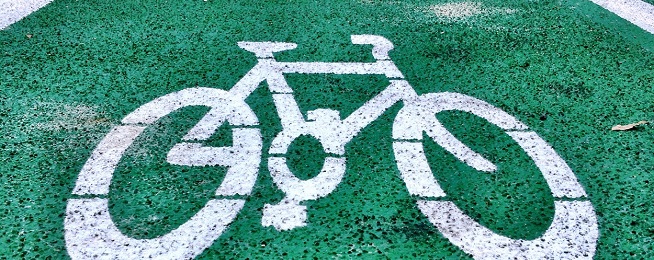The tragic death of Brisbane woman Carolyn Lister will be front of mind when the Queensland government's new Active Transport Advisory Committee meets for the first time today.
Ms Lister was killed while riding her bike in Brisbane last week and the committee is due to meet today to discuss how the city's bike routes can be improved.
Initially set up as a response to increased bike riding during COVID-19, the Active Transport Advisory Committee (ATAC) has been formed to address missing links in Brisbane's network of bike lanes and paths.
“Sadly, the cycling community lost one of its biggest advocates last week when Carolyn Lister tragically lost her life while riding to work – and my heart goes out to her friends, colleagues and family,” said Minister for Roads Mark Bailey.
“While we’ve made substantial leaps in terms of building a city-wide networks of bike lanes and paths, what’s clear is that they’re not as well coordinated as they could be."
Ms Lister was killed near her work at the Royal Brisbane and Women's Hospital when a man driving a truck crashed into her on Tuesday 30 June.
Police are continuing their investigation into the crash which occured at the intersection of O’Connell Terrace and Bowen Ridge Road, an area that doesn't have space dedicated for people on bikes.
ATAC is chaired by Brisbane councillor Ryan Murphy and includes representatives from Bicycle Queensland, Cycling Queensland, the RACQ, Queensland Walks and local Bicycle User Groups.
"This committee will help to increase safety for all road users and especially our vulnerable cyclists, by taking a coordinated and considered approach that brings the best ideas from the key advocacy bodies, Council and the State Government," said Cr Ryan Murphy.
As well as infrastructure improvements, ATAC should also discuss legislation that can reduce risks to people on bikes, such as automated vehicle technology and mandatory heavy vehicle safety standards.
A 2015 Queensland coroner's report from the death of Danish bike rider Rebekka Meyer recommended blind-spot technology for trucks, however the Queensland government has not yet made such technology mandatory.
Bicycle Network has made similar recommendations to both state and federal governments in Australia to reduce the risks that heavy vehicles pose. These include blind-spot detection mirrors, sensors, audible left-turn warning systems and side under-run protection rails.
Click here to see Bicycle Network's Turning on Truck Blind Spots campaign


